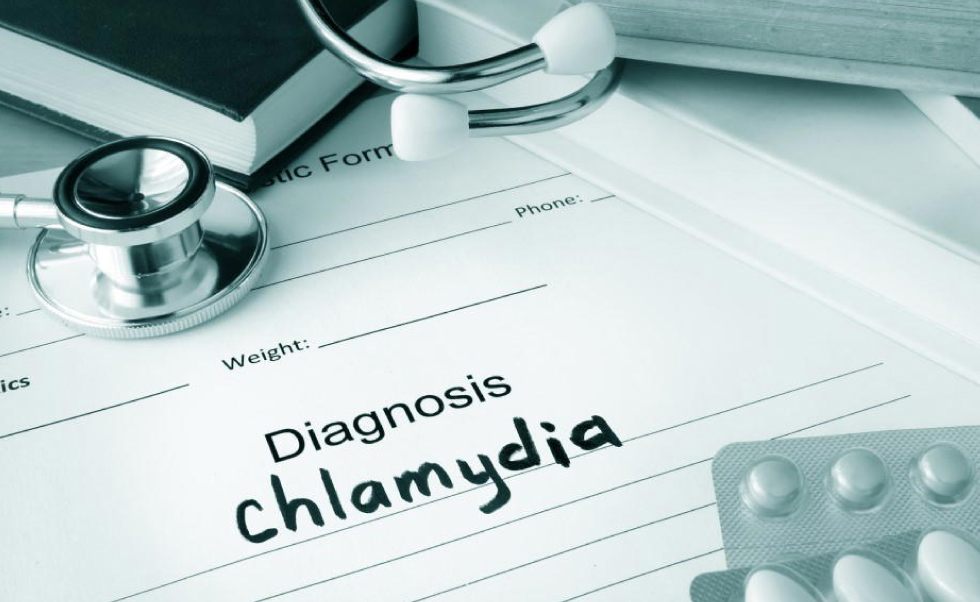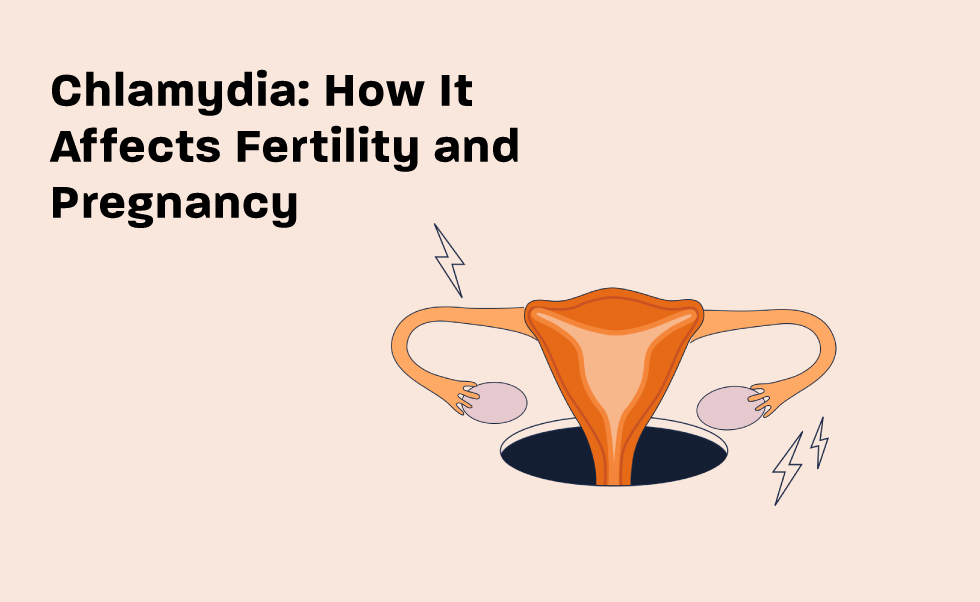Chlamydia is a common sexually transmitted infection (STI) that can have significant impacts on fertility and pregnancy if left untreated. This blog aims to shed light on how chlamydia affects reproductive health and the importance of early detection and treatment.
What is Chlamydia?
Chlamydia is caused by the bacterium Chlamydia trachomatis. It is one of the most prevalent STIs globally, particularly among young adults and adolescents. Chlamydia is primarily transmitted through unprotected vaginal, anal, or oral sex. Many people with chlamydia may not experience symptoms, which is why regular screening is crucial.
Can Chlamydia Affect Female Fertility?
Chlamydia can have severe consequences for female fertility. Here’s how it affects the reproductive system:
1. Pelvic Inflammatory Disease (PID)
If chlamydia is left untreated, it can spread to the upper reproductive tract, causing pelvic inflammatory disease (PID). PID is an infection of the uterus, fallopian tubes, and ovaries, leading to inflammation and scarring. The scar tissue can block the fallopian tubes, preventing the egg and sperm from meeting, which can result in infertility. It is estimated that about 10-15% of untreated chlamydia cases in women lead to PID.
2. Tubal Factor Infertility
The fallopian tubes are essential for the egg to travel from the ovary to the uterus. When chlamydia causes scarring or damage to the fallopian tubes, it can lead to tubal factor infertility. This condition makes it difficult for the egg to be fertilized or for the fertilized egg to travel to the uterus for implantation.
3. Ectopic Pregnancy
Women with a history of chlamydia are at a higher risk of ectopic pregnancy, where the fertilized egg implants outside the uterus, usually in the fallopian tube. Ectopic pregnancies are medical emergencies and can be life-threatening if not treated promptly. The damage caused by chlamydia can lead to such abnormal implantation.
How does Chlamydia affect Male Fertility?
Chlamydia also affects male fertility, although the impact is less discussed. Here’s how it can influence male reproductive health:
1. Epididymitis
Chlamydia can infect the epididymis, the tube that carries sperm from the testes. This condition, known as epididymitis, causes pain, swelling, and inflammation, which can impact sperm quality and quantity, potentially leading to infertility.
2. Decreased Sperm Quality
Some studies suggest that chlamydia infection can affect sperm motility and morphology. Poor sperm quality reduces the chances of successful fertilization.
Can the effects of Chlamydia affect Pregnancy?
Chlamydia can also affect pregnancy in several ways, posing risks to both the mother and the baby:
1. Preterm Birth
Untreated chlamydia during pregnancy increases the risk of preterm birth, which is delivering the baby before 37 weeks of gestation. Preterm babies are more likely to face health complications, including respiratory issues, developmental delays, and infections.
2. Low Birth Weight
Chlamydia can lead to low birth weight, where the baby is born weighing less than 2.5 kilograms. Low birth weight is associated with a higher risk of health problems in newborns, such as infections, breathing difficulties, and long-term developmental issues.
3. Transmission to the Newborn
During childbirth, a mother with chlamydia can pass the infection to her baby. This can result in neonatal conjunctivitis (eye infection) and pneumonia requiring prompt medical treatment.
How do I Diagnose and Treat Chlamydia?

1. Regular Screening
Regular screening for chlamydia is crucial, especially for sexually active individuals under the age of 25, those with new or multiple sex partners, or those who do not consistently use condoms. Screening involves a simple urine test or a swab from the cervix (for women) or urethra (for men).
2. Prompt Treatment
Chlamydia is treatable with antibiotics, typically azithromycin or doxycycline. It is essential to complete the entire course of antibiotics, even if symptoms disappear, to ensure the infection is fully eradicated. Sexual partners should also be tested and treated to prevent reinfection.
3. Abstinence During Treatment
Abstaining from sexual activity during treatment is important to avoid spreading the infection. Sexual activity can be resumed once both partners have completed treatment and are confirmed to be infection-free.
How do I prevent the occurrence of Chlamydia?
Preventing chlamydia involves several strategies:
1. Consistent Condom Use
Using condoms consistently and correctly during sexual activity significantly reduces the risk of chlamydia and other STIs.
2. Limiting Sexual Partners
Having fewer sexual partners can reduce the risk of exposure to chlamydia. A mutually monogamous relationship with an uninfected partner is ideal. Regular STI Testing
Regular STI testing is crucial for sexually active individuals. Early detection and treatment of chlamydia can prevent complications and protect fertility.
Chlamydia is a common but serious infection that can significantly impact fertility and pregnancy outcomes. Early detection through regular screening, prompt treatment, and preventive measures are key to mitigating the risks associated with chlamydia. If you suspect you have been exposed to chlamydia or are experiencing symptoms, seek medical advice immediately to protect your reproductive health and ensure a healthy pregnancy.







